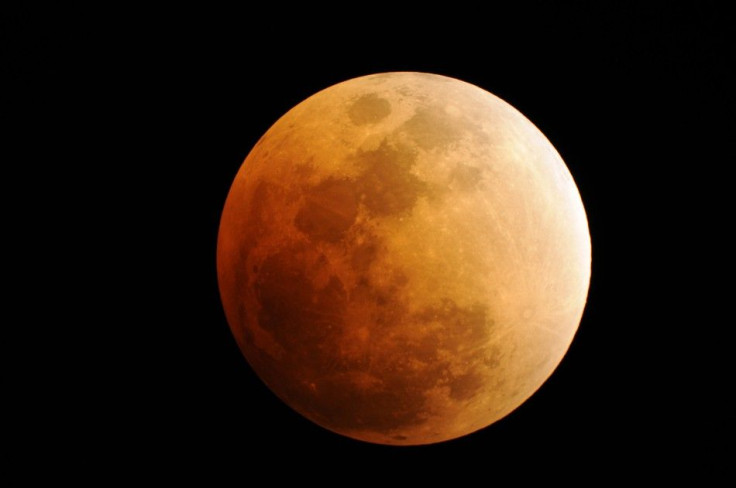Longest lunar eclipse in a decade to be visible on Wednesday

The first total lunar eclipse in 2011 will take place on Wednesday, which is one of the longest eclipses of the moon and will last just over 100 minutes, the duration of which rivals only three other eclipses in the last 100 years.
An eclipse of that length is extremely rare because it takes a precise alignment of Earth and the moon to block the sunlight for that long.
This month's full moon will start moving into the central dark part of Earth's shadow, known as the Umbra, which is relatively rare. The last time it happed was on July 16, 2000, when it lasted 107 minutes. The next central total lunar eclipse will be on July 27, 2018.
The lunar eclipse shall remain visible for five hours and 36 minutes while the total eclipse shall be seen for almost one hour and 40 minutes.
A lunar eclipse occurs when the moon passes behind Earth so that the earth blocks the sun's rays from striking the moon. This can occur only when the Sun, Earth, and Moon are aligned exactly, or very closely so, with Earth in the middle.
Observers will be looking at dark, blood red moon as it passes through Earth's shadow. The red moon is the result of ash, dust and other particles in the atmosphere that block the sunlight. The molecules scatter out the blue light and allow the moon to take on a reddish hue.
The total lunar eclipse will be witnessed in Europe, central Asia, the Middle East, the eastern half of Africa and Western Australia. Unfortunately, it will not be visible from North America due to its timing, which places the event in the daylight hours when the moon is behind the local horizon. The eclipse will occur during June's full moon, beginning at 1:24 p.m. EDT and ends at 7 p.m. EDT.
The next total lunar eclipse will fall on Dec. 10, 2011, which will be visible from all of Asia and Australia and parts of the U.S. including Hawaii and the Pacific Northwest, while rest of the continental U.S. will have to wait until April 15, 2014 to witness a total lunar eclipse.
However, people in North America can watch event from home (or office) on the internet. The Sky Watchers Association of North Bengal (SWAN) in India will show a live webcast of the solar eclipse, starting at 3:12:36 p.m. EST.
© Copyright IBTimes 2024. All rights reserved.











